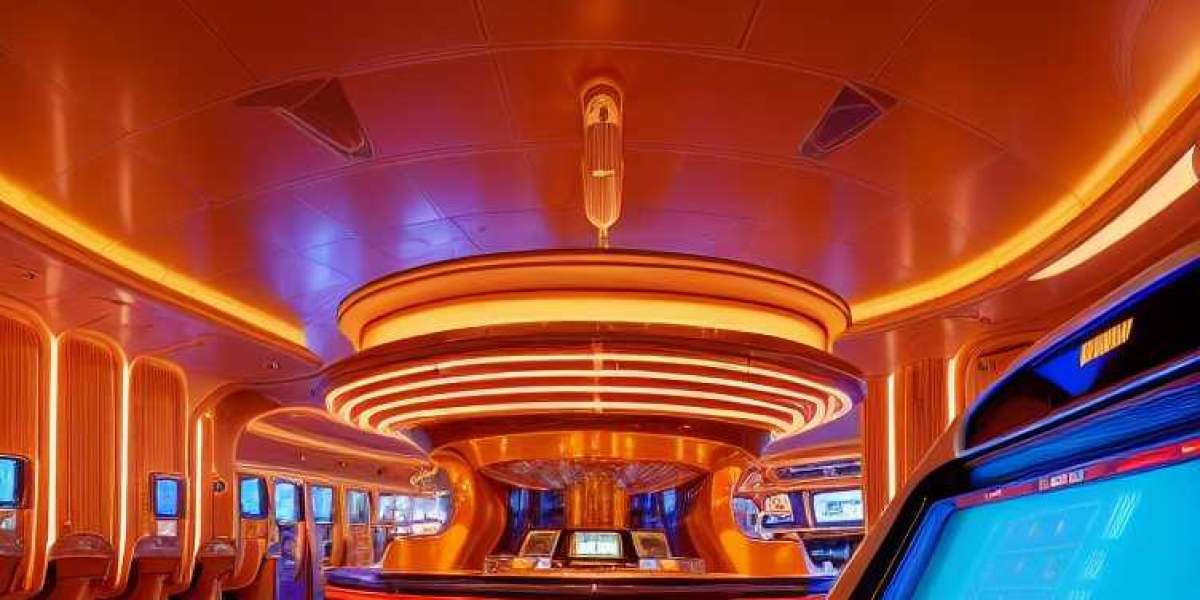In the hospitality industry, a seamless and reliable Wi-Fi experience is paramount for ensuring guest satisfaction and maintaining a competitive edge. Hotel Wi-Fi systems play a crucial role in providing connectivity for guests, staff, and operational needs. This guide outlines key considerations to help hotels design effective Wi-Fi systems that enhance the overall guest experience.
Comprehensive Coverage: wifi systems for hotels should offer comprehensive coverage throughout the entire property, including guest rooms, lobbies, conference rooms, and outdoor spaces. This ensures that guests can stay connected wherever they are within the hotel premises.
High-Speed Internet Access: To meet the expectations of modern travelers, hotel Wi-Fi systems must provide high-speed internet access. This is particularly important for accommodating guests who rely on multiple devices for work, entertainment, and communication.
Scalability for Guest Demands: Hotel Wi-Fi systems should be scalable to handle varying guest demands. Whether the hotel is hosting a large conference or experiencing peak occupancy, the Wi-Fi infrastructure should adapt to the increased number of connected devices without sacrificing performance.
Secure and Private Connectivity: Security is paramount in hotel Wi-Fi systems. Implement robust security protocols, including WPA3 encryption, to protect guest data and maintain the privacy of their online activities. This is essential for building trust and ensuring compliance with data protection regulations.
Ease of Guest Onboarding: Simplify the onboarding process for guests by offering an intuitive and user-friendly login experience. Consider options such as captive portals with social media login integration or secure access codes to streamline the connection process.
Quality of Service (QoS) Management: Prioritize critical applications such as video streaming, online conferencing, and VoIP calls through Quality of Service (QoS) management. This ensures a consistent and reliable experience for guests engaging in bandwidth-intensive activities.
Device Management and IoT Support: Hotel Wi-Fi systems should support the diverse range of devices that guests bring, including smartphones, laptops, tablets, and IoT devices. Ensure compatibility with emerging technologies and smart room features to enhance the overall guest experience.
Guest Network Isolation: Implement guest network isolation to enhance security and protect against unauthorized access. This feature ensures that each guest's devices are isolated from others on the network, maintaining a secure and private connection.
24/7 Monitoring and Support: Provide continuous monitoring and support for the hotel Wi-Fi system to proactively identify and address issues. A robust support system ensures quick resolution of connectivity problems, minimizing disruptions for guests.
Brand Reputation and Reviews: Consider the reputation of Wi-Fi system providers and read reviews from hotels with similar infrastructure needs. Choosing a reputable provider with positive feedback enhances the likelihood of deploying a reliable and guest-friendly Wi-Fi system.
Conclusion: Designing effective hotel Wi-Fi systems is a strategic investment in guest satisfaction and overall operational efficiency. By prioritizing comprehensive coverage, high-speed access, security, and scalability, hotels can create a Wi-Fi environment that meets the expectations of modern travelers and enhances the overall guest experience.
For more info. Visit us:



